Tag: American History


How immigration creates a more prosperous world
August 23, 2023 | Post
Immigration has been a huge driving force behind creating America as we know it today. Without immigrants, or with far fewer immigrants, it would be impossible to imagine the United States developing into the world’s dominant economic powerhouse as it did. Opposition to immigration has been allowed to gradually place the American dream out of reach for so many ambitious individuals and deprive the country of further potential in the process.
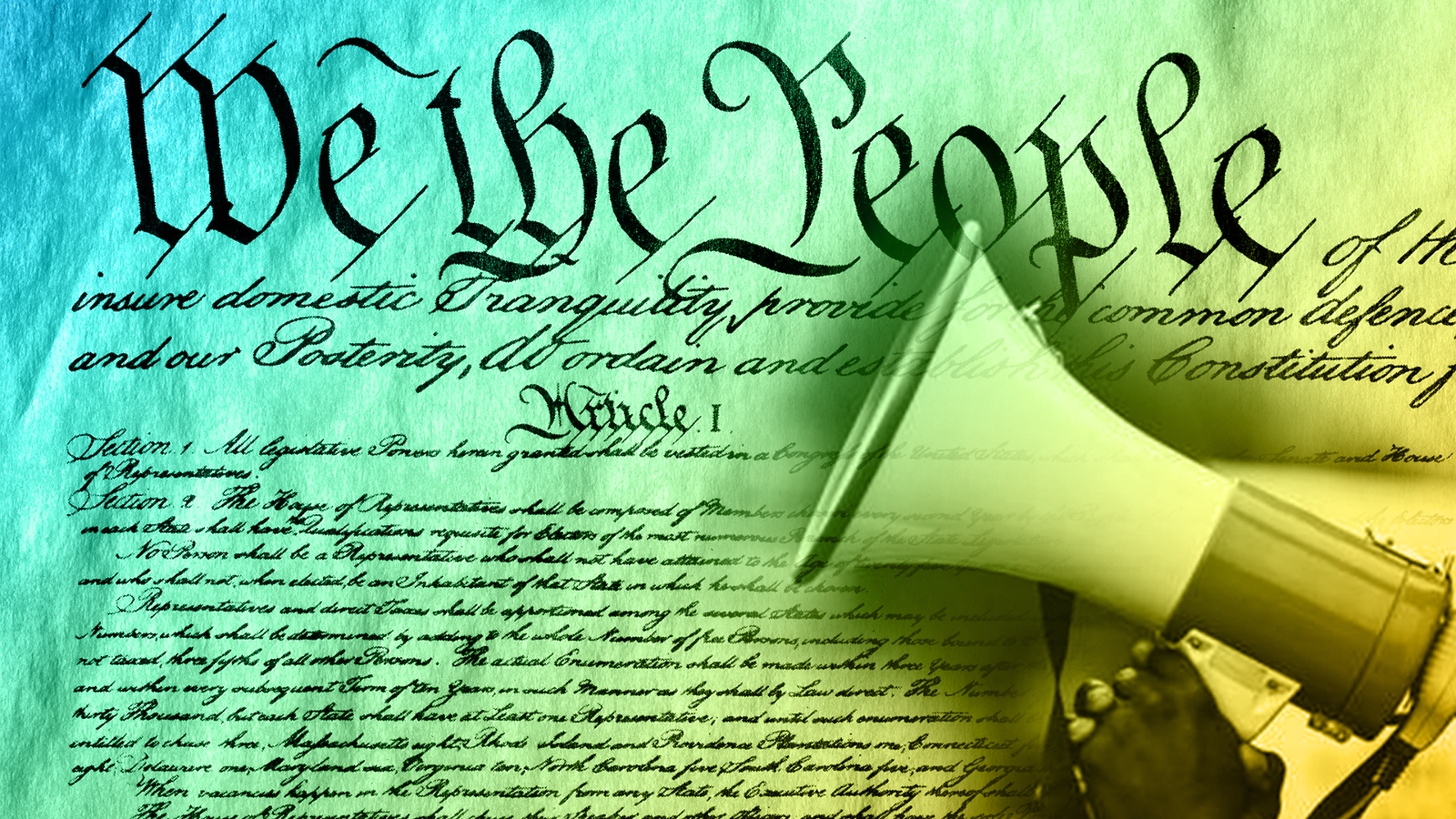
A history of free speech in America
June 8, 2023 | Post
The history of free speech in the United States is a complex and fascinating topic, deeply rooted in the nation’s founding principles. The First Amendment to the U.S. Constitution, ratified in 1791, protects the right to free speech, along with freedom of religion, the press, assembly, and petition.
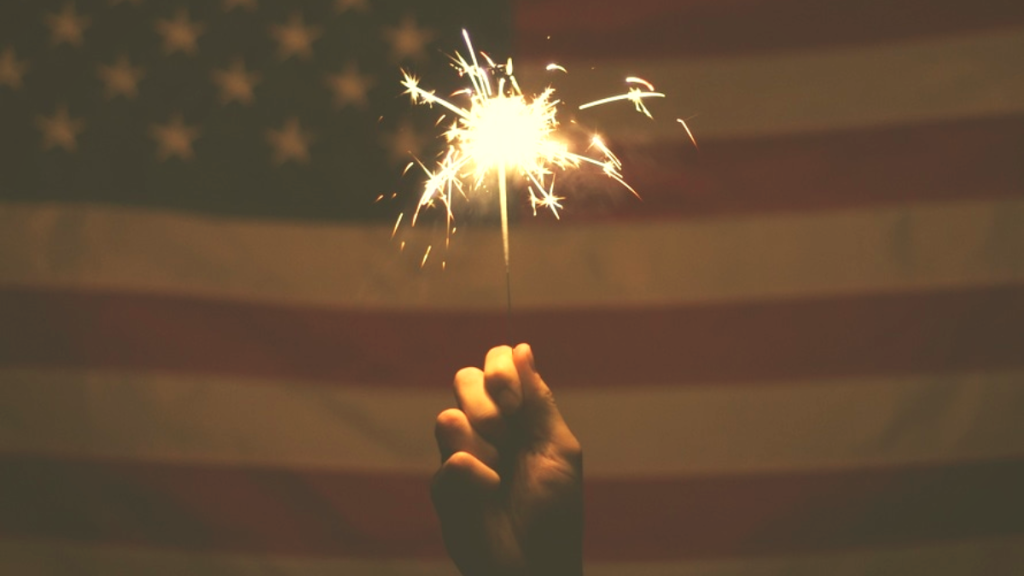
The Declaration of Independence says we have the right to overthrow the government
May 12, 2023 | Post
The right to overthrow a government remains an important principle to uphold, as it serves as a check on government power. It is a reminder that governments exist to serve the people, not the other way around. The possibility of revolution also serves as a deterrent against abuses of power and as a last resort when all other avenues have failed.
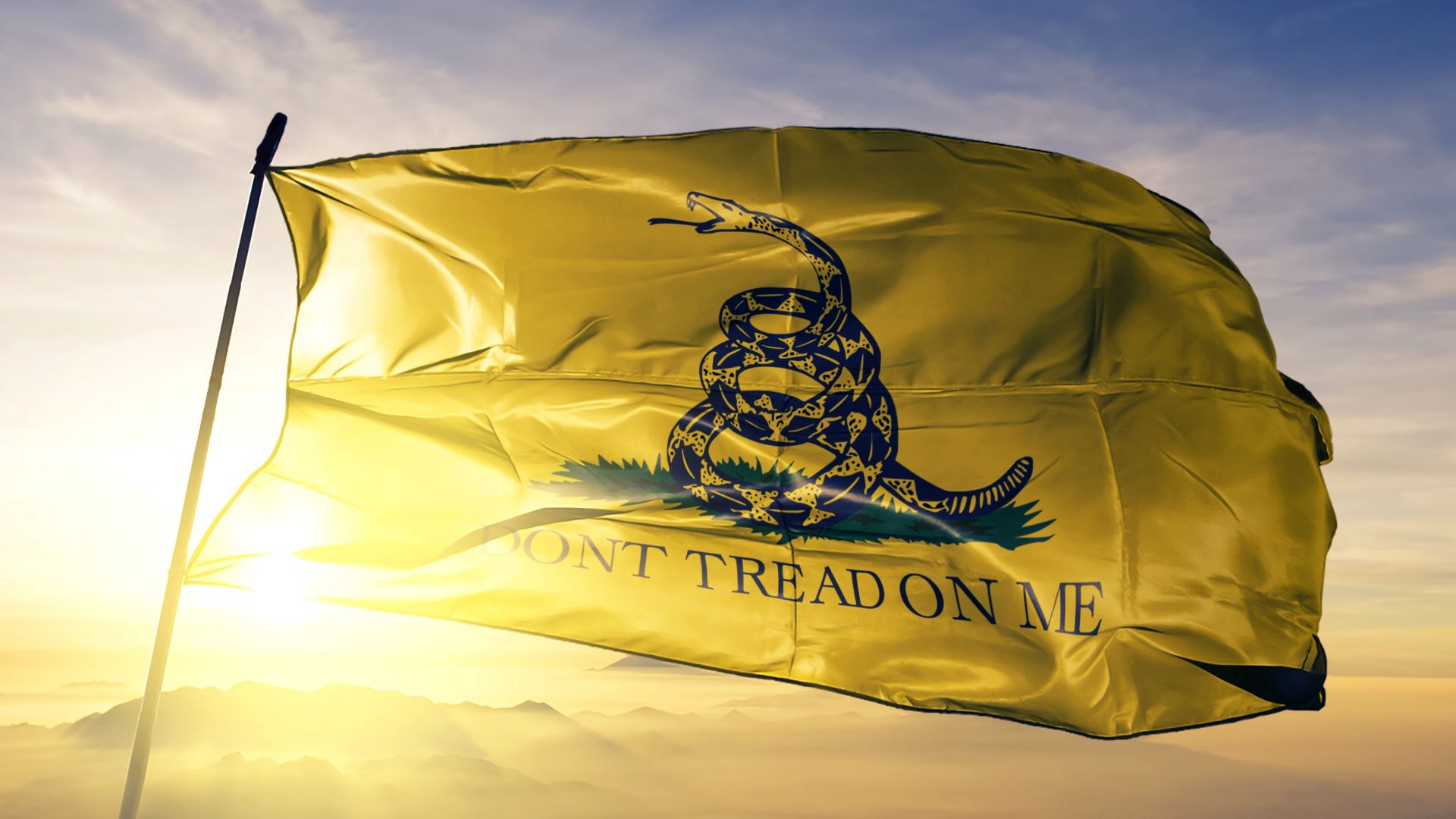
The Gadsden flag: a historic symbol rooted in classical liberalism
July 29, 2022 | Post
Those who care about the ideas of liberty represented by the Gadsden flag must resist its co-option by forces that are completely at odds with what it stands for. The truth about its classical liberal origins must prevail.
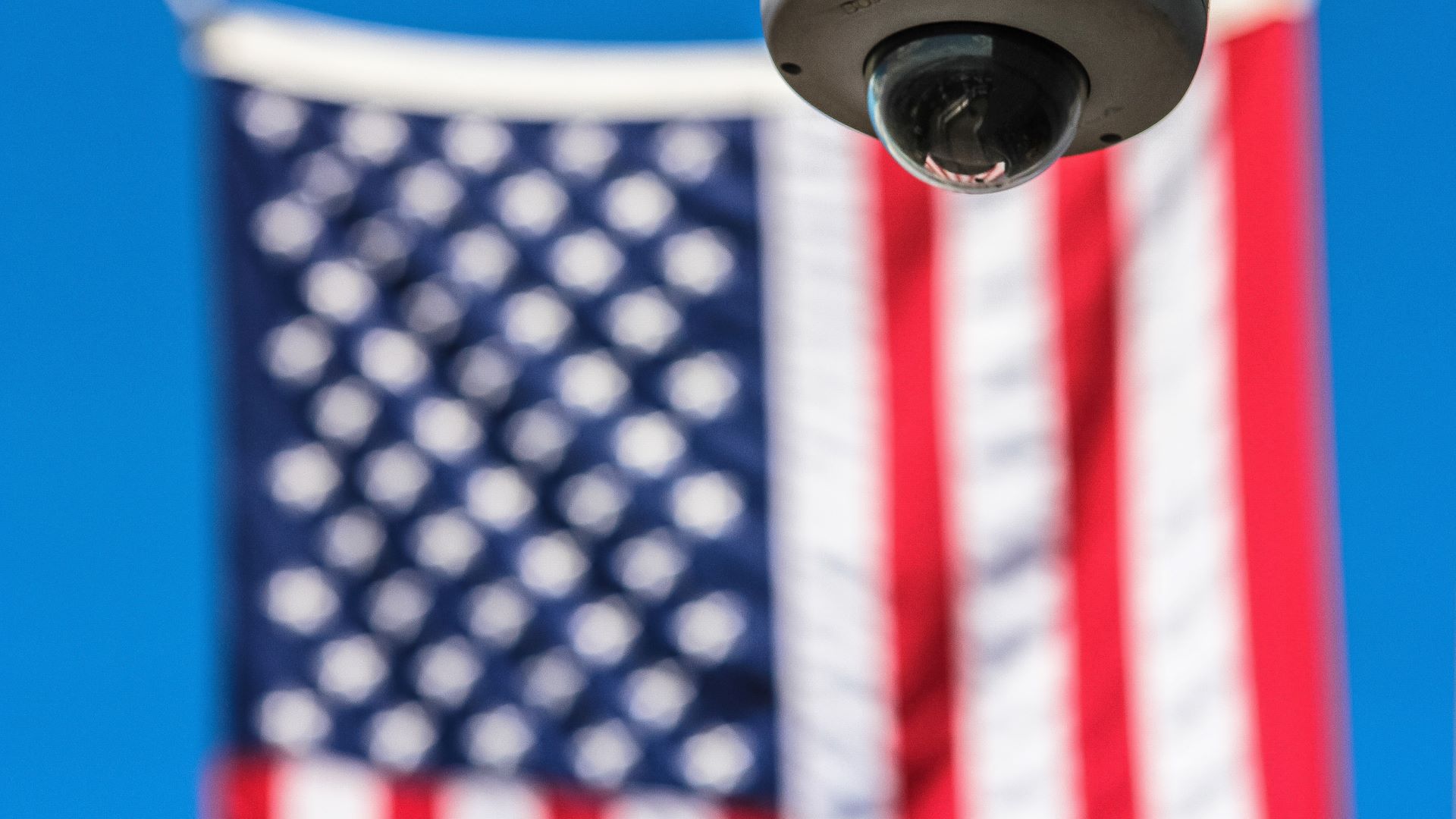
The U.S. Constitution and the right to privacy
May 17, 2022 | Post
The right to privacy and freedom of contract are not explicitly mentioned in the Constitution but are essential to our personal privacy and dignity

This Fourth of July, let’s celebrate colonial failure.
July 4, 2017 | Post
The luck of the Spanish turned out to be their misfortune, and the curse of the English turned out to be a blessing.

The Progressive War: Woodrow Wilson and the US entry into WWI
April 6, 2017 | Post
The American entry into the war was the apotheosis of progressivism — the high-water mark of its crusading zeal.

Anne Hutchinson: The spirit of religious liberty
March 27, 2017 | Post
Opinions of Anne Hutchinson have, shall we say, covered the waterfront. In his masterful tome, Conceived in Liberty, 20th-century economist and libertarian historian Murray Rothbard cast her as a staunch individualist and the greatest threat to the “despotic Puritanical theocracy of Massachusetts Bay.” John Winthrop, the 2nd, 6th, 9th, and 12th governor of the Massachusetts […]

Hamilton Tells the Story of a Great Historical Figure, but Misses Some of the History
September 12, 2016 | Post
Hamilton the Musical takes liberties with American history.
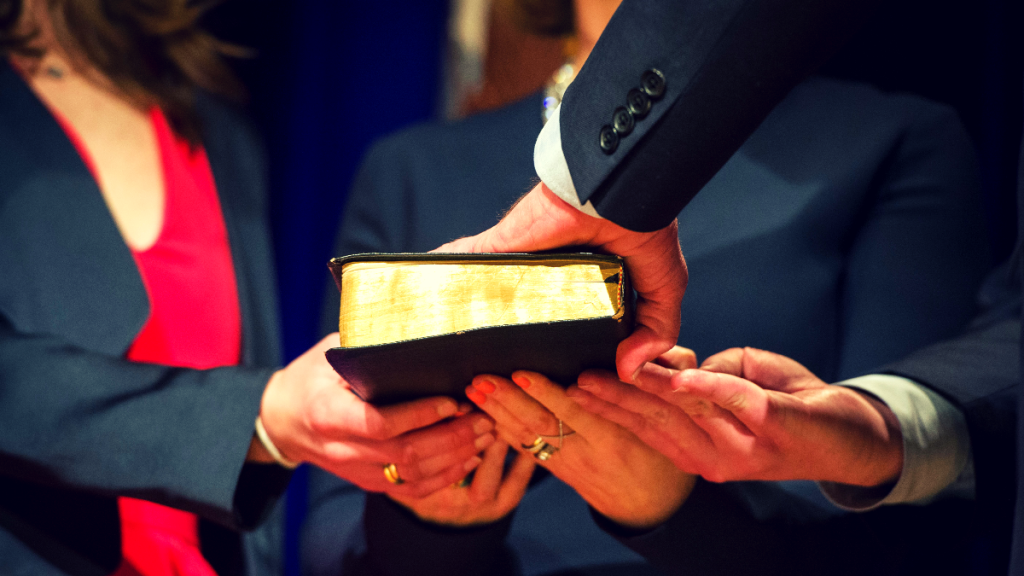
Oath Taking and Religious Liberty in American History
September 9, 2016 | Post
Historically, oaths have been seen as essential for ensuring the loyalty and fidelity of citizens and elected officials. They were also viewed as critically important for the effective functioning of judicial systems. In the West, oaths historically invoke God as the witness of the oath taker’s veracity; written oaths often end with the phrase “so […]

How a Few New Ideas Caused an Entire Group of People to Turn on Their Country
July 11, 2016 | Post
Much like us today, American colonists thought of themselves as a free people. They viewed governance through a lens called Radical Whig Theory, a political ideology stating that individuals within a free society must jealously guard their liberty and be wary of any government encroachment. The theory holds that freedom is hard to keep, and […]

